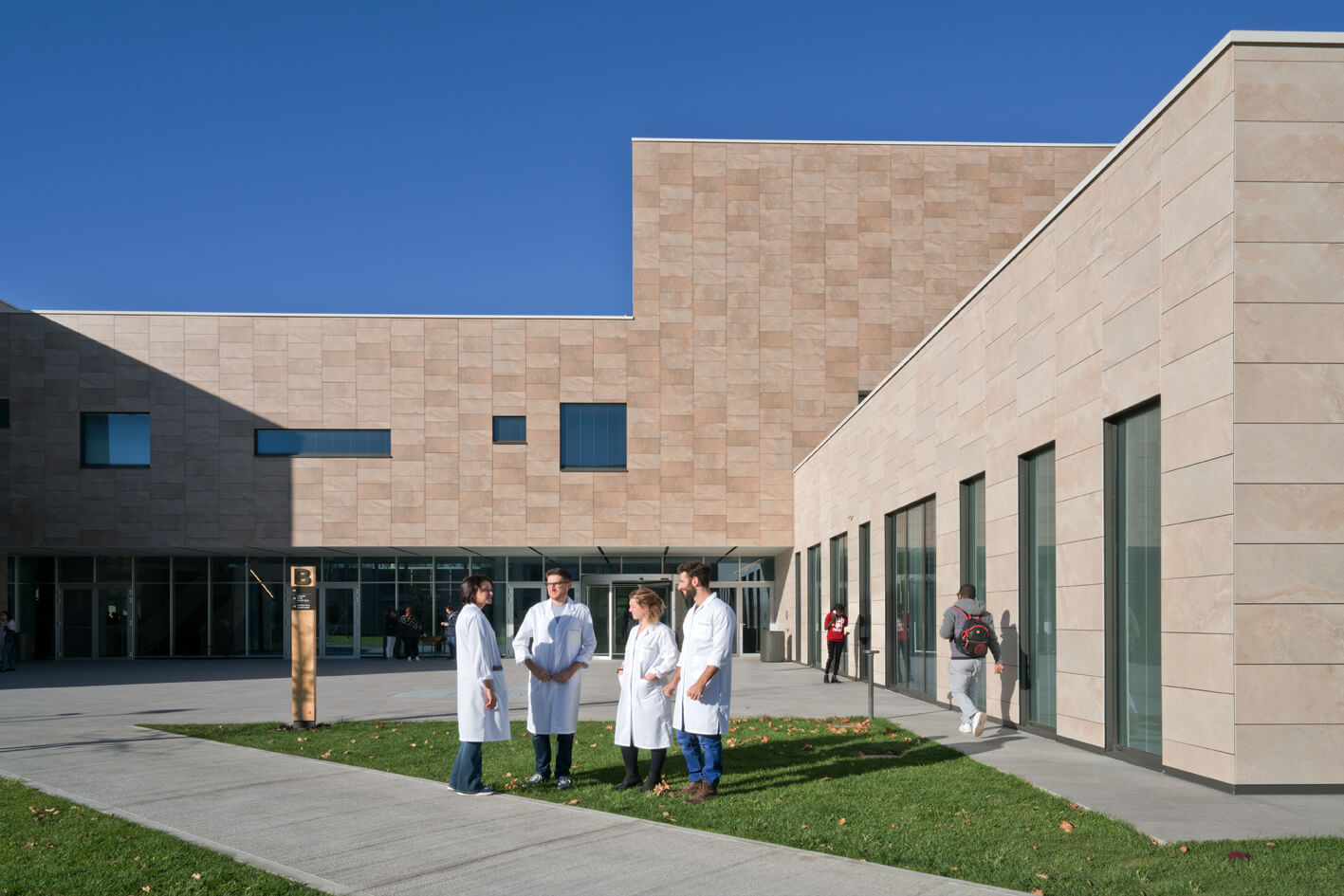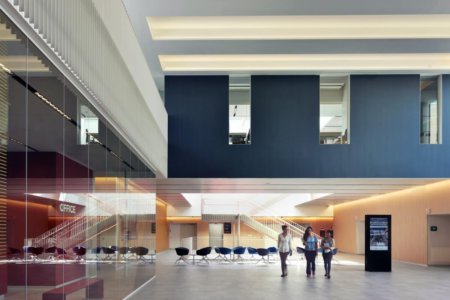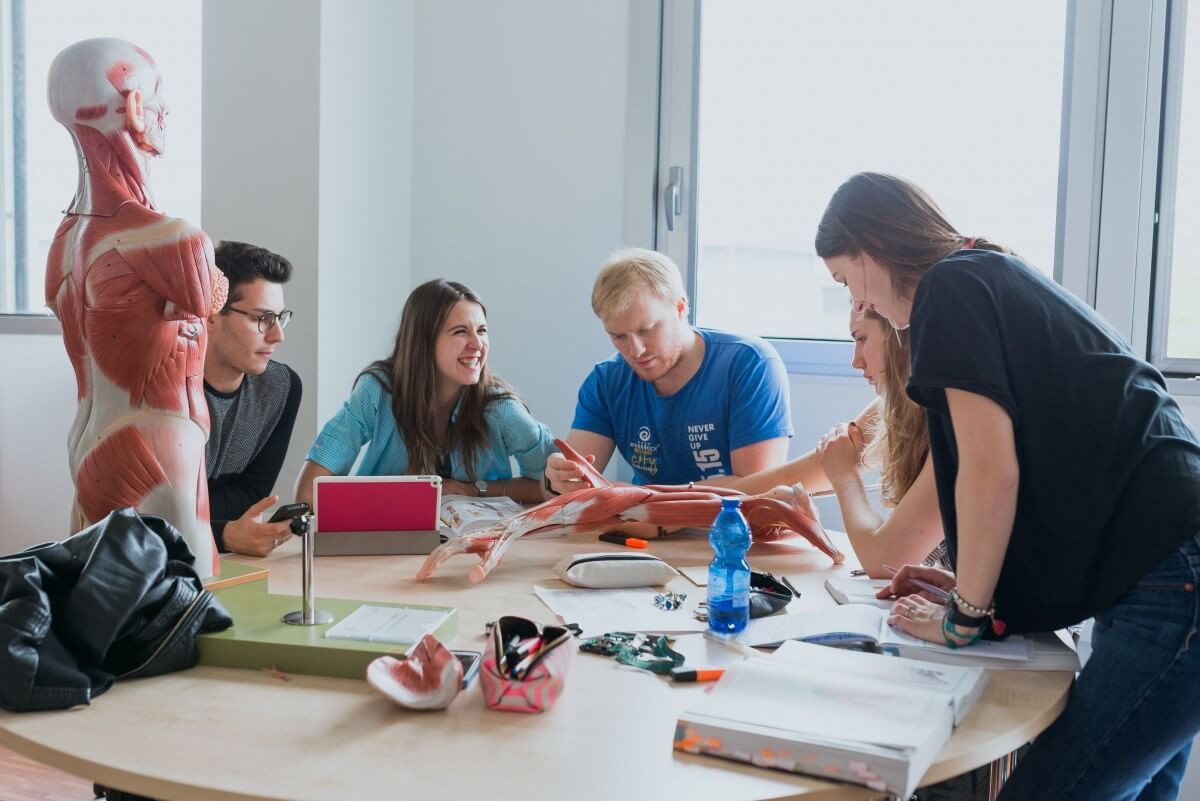From a young age, Sakshi Watarkar had many interests — a love of languages (she speaks six!), an interest in medicine, and a yearning to study abroad in Europe. When the time came to explore universities to study medicine, she found herself inclining towards Italy. “The country has always been a cradle of ancient medicine and a development hub for modern healthcare and related technology,” she says.
Once she had the opportunity to meet with some of Humanitas University’s (Hunimed) representatives in her native India who answered all her questions, there was no turning back. She knew it was the right medical school for her.
“The university offers a high-quality level of education that is integrated with theory, lectures, simulation sessions, and practical exposure to real-life patient cases,” she notes. The Hunimed experience is all about the learner, supporting students from the admissions process up to their commencement ceremony.
Hunimed also stands out for its international outlook, with a strong emphasis on prioritising the needs of its international community who make up 40% of its student body.
Hunimed boasts a one-to-one student-tutor ratio, while their small classroom ensures students develop enduring connections with their classmates and lecturers. Here, students are taught under experts.
Their visiting faculty includes internationally renowned researchers, while students learn from professors and medical doctors from around the world. The programme culminates with a degree that will allow students to work as an MD in the EU and abroad.
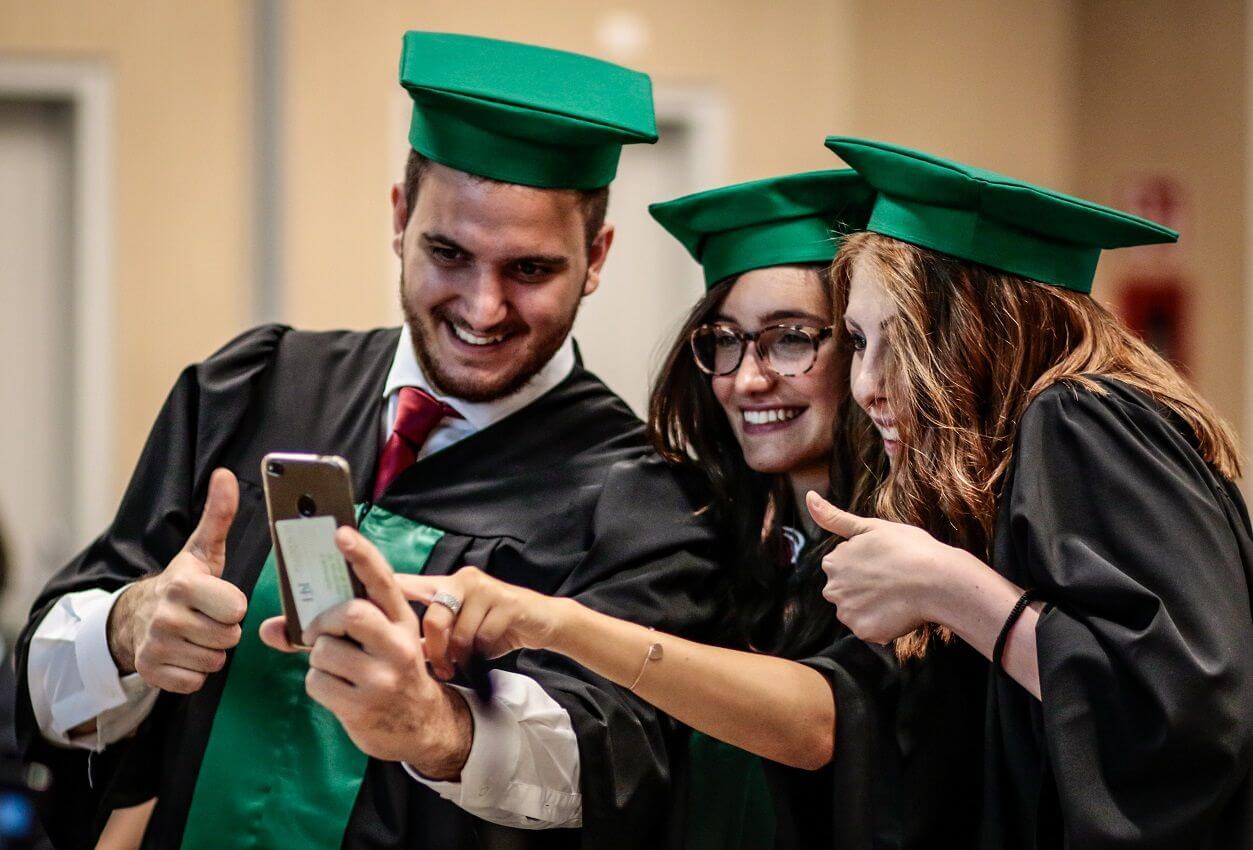
Junior medical students are paired with senior students through the Mentorship Programme for support. Source: Humanitas University
“I am inspired by the immense amount of knowledge every professor possesses and am looking forward to continuing seeking their guidance, in addition to adding something new to my pool of information,” says Watarkar.
Hunimed also works on optimising students’ success by ensuring they receive all the support they need. This includes pairing junior students with seniors through the Mentorship Programme, supervised by the Office of Medical Education and the International Students Office.
The six-year MD in Medicine and Surgery is taught entirely in English and is designed to ensure international success. The degree helps students gain the competencies needed to thrive in the clinical and research areas commonly practised and studied in Italy and elsewhere.
They have multi-disciplinary teaching methods, including problem-based learning. Beyond the classroom, Hunimed hosts a state-of-the-art Simulation Centre –– the first of its kind in Italy –– to help students acquire professional skills. An Anatomy Laboratory also helps students improve surgical techniques, master new technologies, and deepen their anatomical knowledge.
And the icing on the cake? The top-level medical school was built alongside the renowned Humanitas Research Hospital, renowned across Europe for its excellent standard of healthcare and advanced research.
These spaces heavily contribute to the development of practice-ready, excellent medical professionals. And Hunimed has the accolades to prove it. Just recently, the medical school took home an Aspire-to-Excellence Award for excellence in medical simulation.
While many medical programmes offer practical competencies later in the course, the MD in Medicine and Surgery highlights its importance in the very beginning. Students kick off their journeys with various theoretical interdisciplinary modules laced with hands-on experiences and simulation activities. In their third year, clerkships commence.
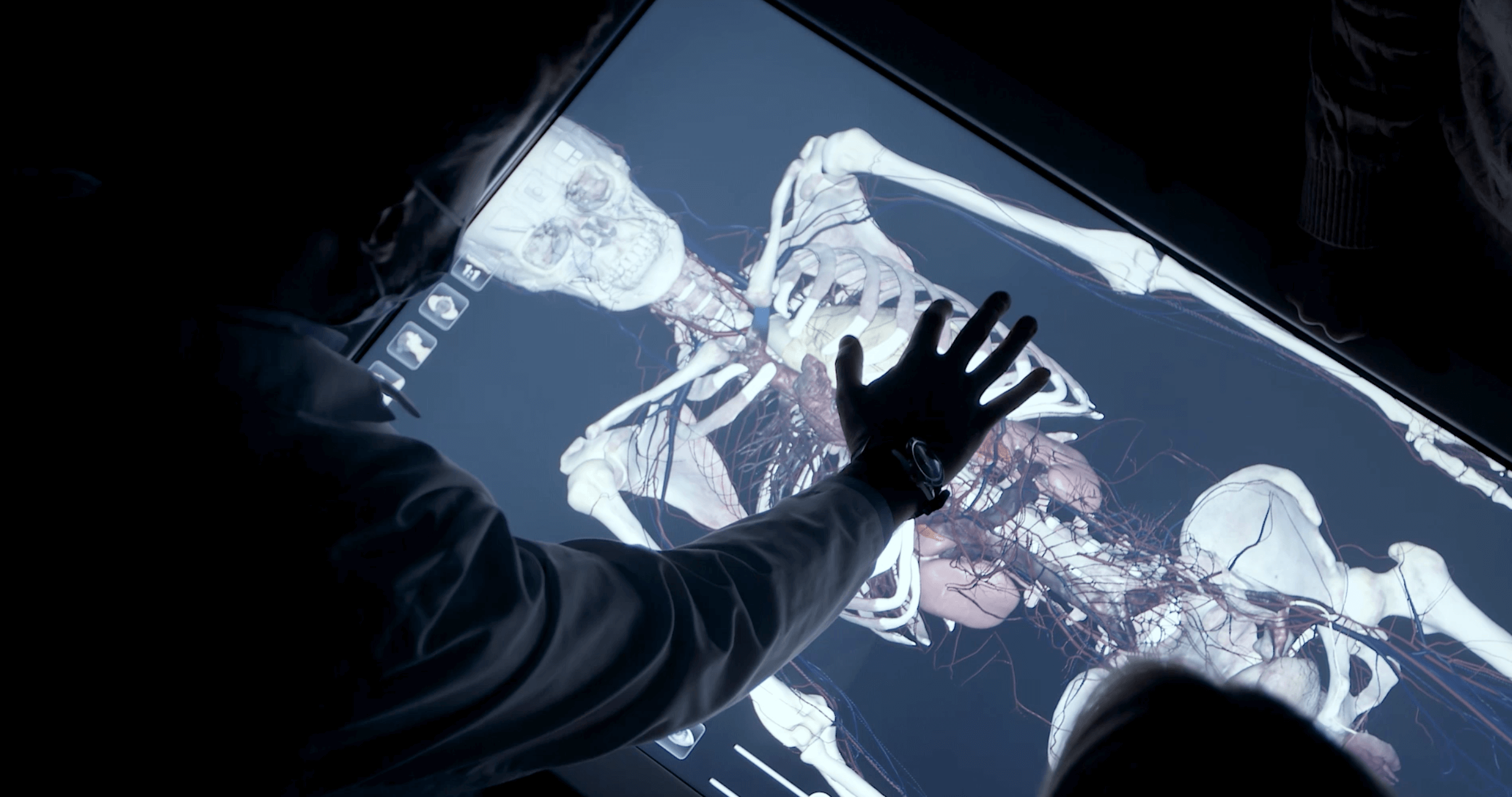
The six-year MD in Medicine and Surgery is taught entirely in English. Source: Humanitas University
“At Humanitas Hospital, I’ve visited operating rooms to observe a few surgeries,” Watarkar explains. “I’ve learned that it is important to apply theoretical knowledge in actual clinical and surgical scenarios. Another important part was being able to directly talk to patients during history taking and physical examinations to reach a hypothetical diagnosis.”
With these insights, Watakar, who is scheduled to graduate in 2023, has big plans for her future. She plans to undertake speciality training in the UK before setting up a private practice. The pandemic has also shown her the importance of having a good public health system, along with strategies to control infections and other diseases at a community level.
“People should be made more aware about such diseases, and as future doctors, we can focus on prevention rather than the cure,” she says. With her Hunimed degree, she hopes to one day work with the World Health Organisation to implement changes at a global level.
Aspiring medical students would be heartened to note that applying to Hunimed’s MD in Medicine and Surgery is anything but complicated. The HUMAT admissions test was designed alongside experts from the University of Cambridge, Imperial College, University of Oxford Medical School, and Leeds Medical School for fair entries.
It aims to identify talented students with strong skills in scientific thinking, critical thinking, and solid academic literacy –– regardless of their educational background. To take it, students must register online, enter their country of residence, and choose a slot. The next exam is scheduled for February 2022. To register, click here.
Follow Humanitas University on Facebook, Instagram and LinkedIn

